China’s CPI took a notable dip in January, registering decrease of -0.8% yoy, marking a significant deepening of deflationary pressures from the previous month’s -0.3% and falling short of expectation -0.5% yoy. This downturn represents the fourth consecutive negative reading and the most substantial fall observed since 2009, over fourteen years ago.
The decline was particularly pronounced in food prices, which was down -5.9% yoy. Meanwhile, core CPI, which excludes volatile energy and food prices, rose by a modest 0.4% yoy, slowing from December’s 0.6% yoy increase. Despite the annual downturn, CPI saw a slight month-on-month increase of 0.3%, albeit below the anticipated 0.4% growth.
The NBS attributed January’s inflation figures to the high base effect associated with the Spring Festival, or Lunar New Year, which occurred in January the previous year. This annual holiday, which shifts between January and February depending on the lunar calendar, significantly impacts consumption patterns and inflation metrics due to its influence on consumer spending and business operations.
In parallel, PPI fell by -2.5% yoy in January, showing a modest improvement from the -2.7% yoy observed in the previous month and slightly better than -2.6% forecast. This marks the 16th consecutive month of annual declines for PPI, with factory-gate prices decreasing by -0.2% mom, following -0.3% mom drop in December.




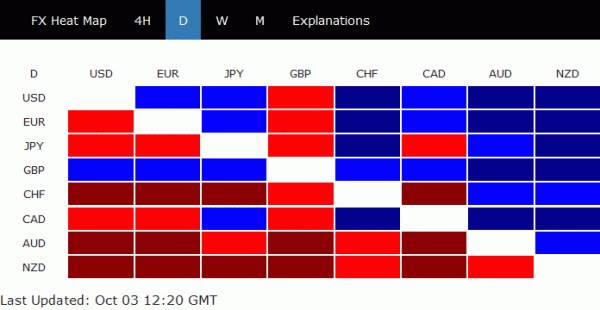
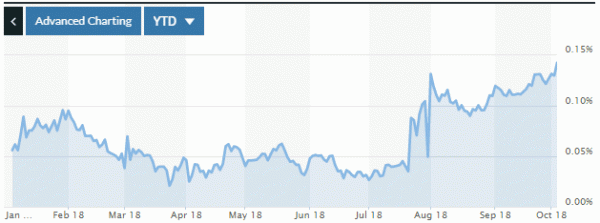
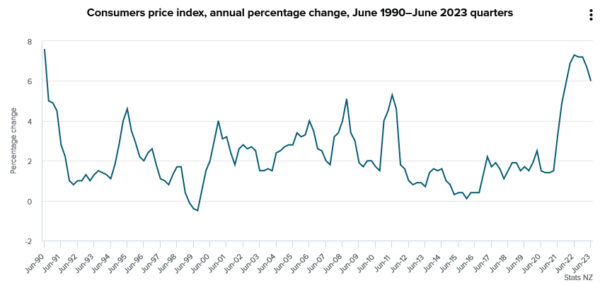
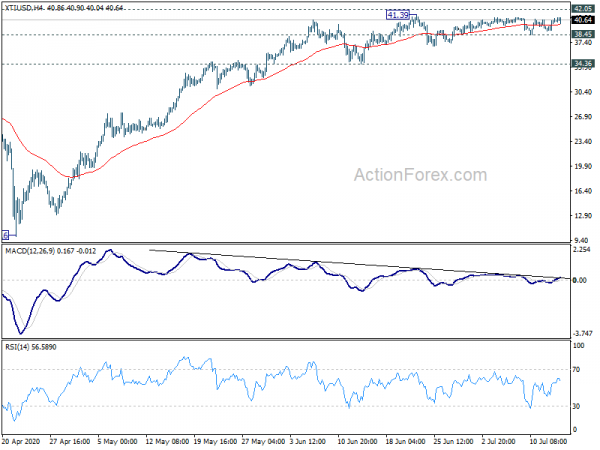
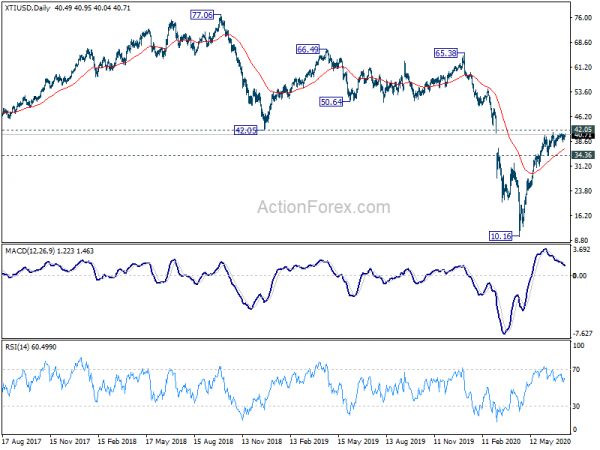
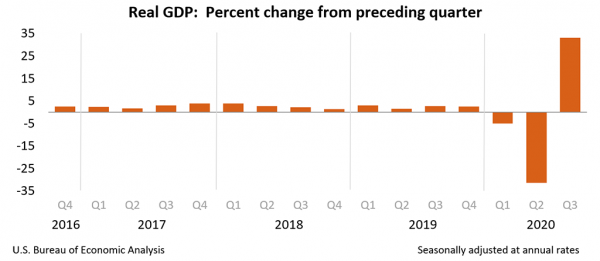
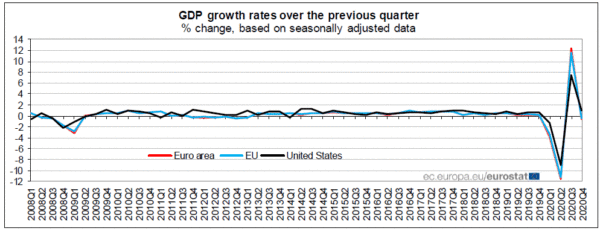
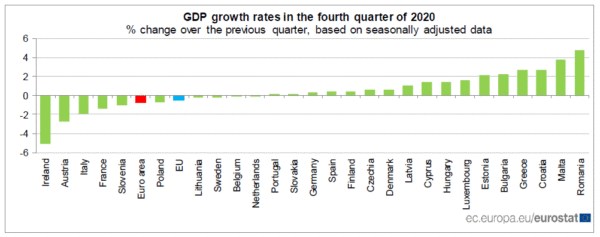
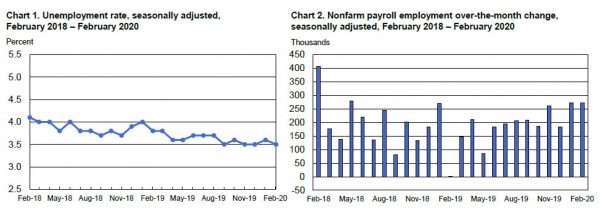
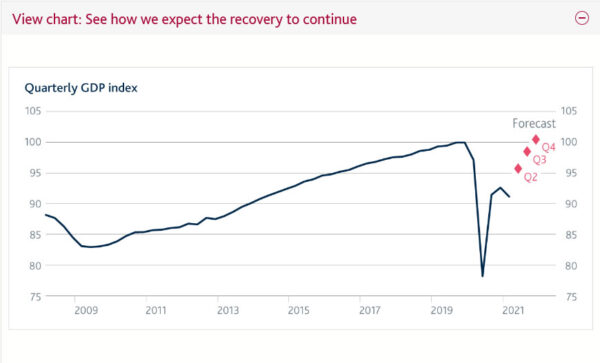
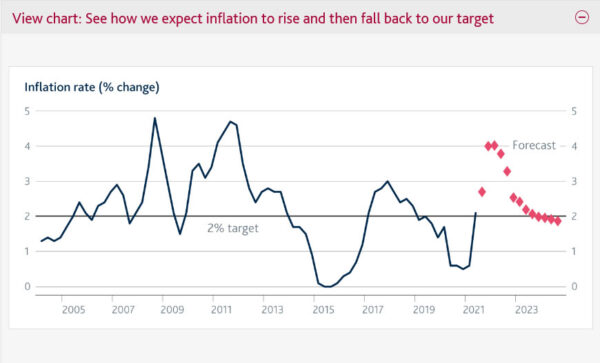
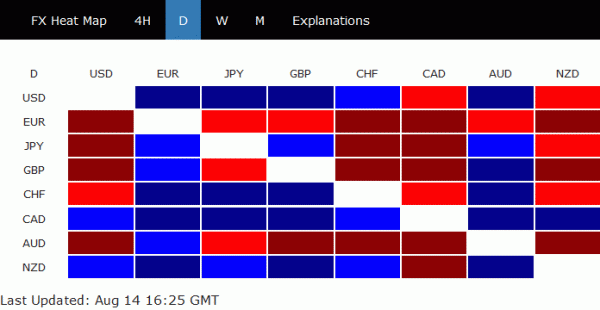
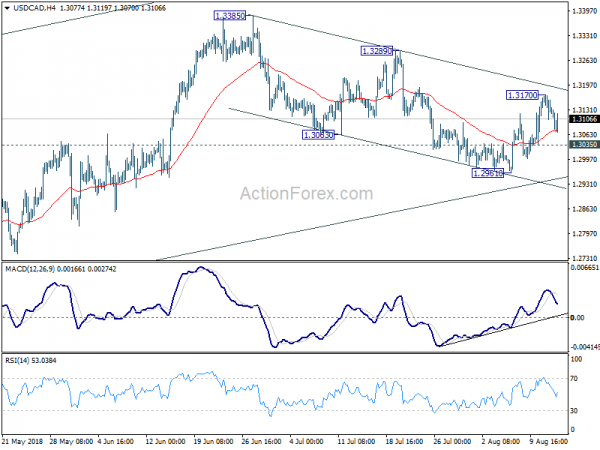
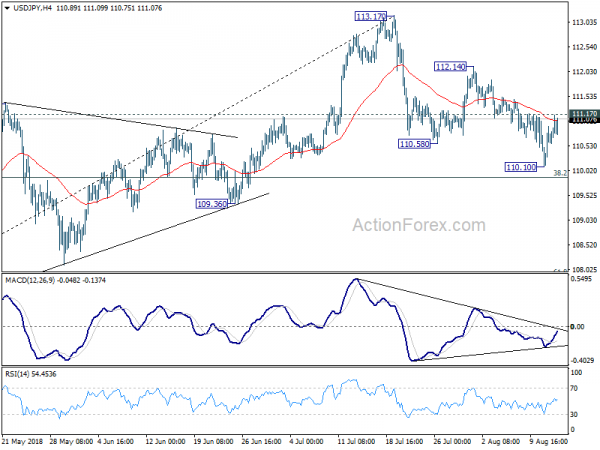
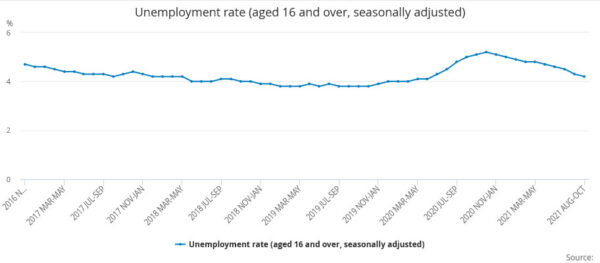

Brexit parliamentary vote to be held on Jan 15
BBC reported that the Commons will vote on Prime Minister Theresa May’s Brexit deal on Tuesday January 15. And May will give her last efforts to give further assurances that the controversial Irish backstop solution is only temporary. MPs are invited to meet with May tomorrow.
Over 200 MPs had signed a letter to May urging her to rule out a no-deal Brexit. However, former foreign minister Boris Johnson wrote in Daily Telegraph arguing that no-deal Brexit, “otherwise known as coming out on World Trade terms” is “closest to what people actually voted for” in the 2016 EU referendum.
Separately, a YouGov poll published on Sunday should that if a referendum were held immediately, 46% of Britons would vote to remain in the EU, 39% would vote to leave. Removing those undecided or refused to answer, the split was 54-46 in favor of remaining.